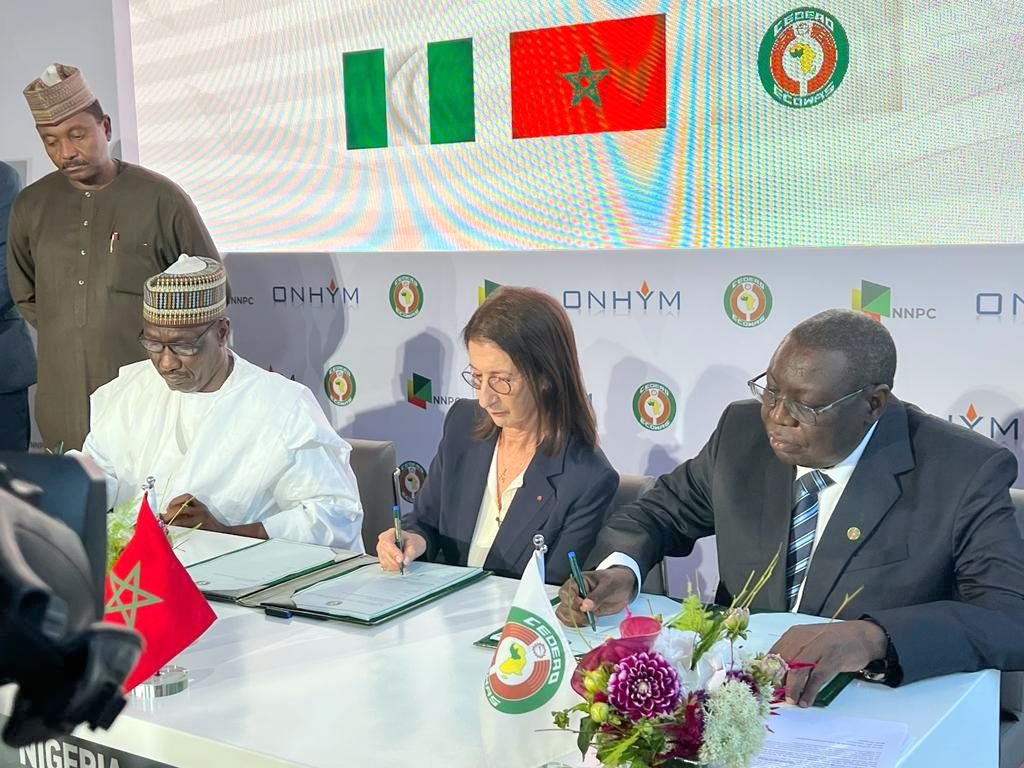The Nigerian National Petroleum Corporation (NNPC) Limited has resumed negotiations with investors to revive two long-stalled Liquefied Natural Gas (LNG) projects—the Brass LNG project in Bayelsa State and the Olokola LNG project in Ogun State—valued at $20 billion and $9.8 billion respectively.
These projects, estimated to expand Nigeria’s gas capacity by over 22 million tonnes annually, have faced significant delays due to market challenges and political indecision.
Speaking at the 2024 Gas Technology Conference and Exhibition (Gastech) in Houston, the Chief Financial Officer of NNPC, Mr. Umar Ajiya, highlighted the previous roadblocks. He explained that the decline in global gas prices, coupled with high capital expenditure, discouraged investors.
Slow decision-making by the political class also stalled progress. However, Ajiya emphasized that the NNPC, now a commercially driven company, is determined to act swiftly to capitalize on Nigeria’s vast gas reserves.
READ ALSO: Activist alleges Dangote, NNPC role in fuel crisis, monopolization
Ajiya credited President Bola Ahmed Tinubu’s administration for providing much-needed momentum, particularly through the Presidential Executive Orders on Oil & Gas Reforms and the 2021 Petroleum Industry Act (PIA).
These reforms offer fiscal incentives that have rekindled investor interest, improving the outlook for Nigeria’s energy sector.
The revival of the Brass and Olokola LNG projects is expected to create thousands of jobs, boost domestic gas demand, and increase electricity generation. Furthermore, it presents a strategic opportunity for Nigeria to diversify its revenue base and establish itself as a dominant player in Africa’s clean energy sector.
Initiated during President Olusegun Obasanjo’s administration, the Brass LNG project was designed to help Nigeria monetize its extensive gas reserves and meet rising global demand for cleaner energy.
However, the project stalled due to a lack of a Final Investment Decision (FID) and political disagreements. With renewed investor confidence and government support, both projects are now poised to move forward, offering potential economic and geopolitical gains for Nigeria.

 Entertainment5 days ago
Entertainment5 days ago
 Health7 days ago
Health7 days ago
 Health4 days ago
Health4 days ago
 Football1 week ago
Football1 week ago
 Football1 week ago
Football1 week ago
 Crime4 days ago
Crime4 days ago
 Crime1 week ago
Crime1 week ago
 Education6 days ago
Education6 days ago

